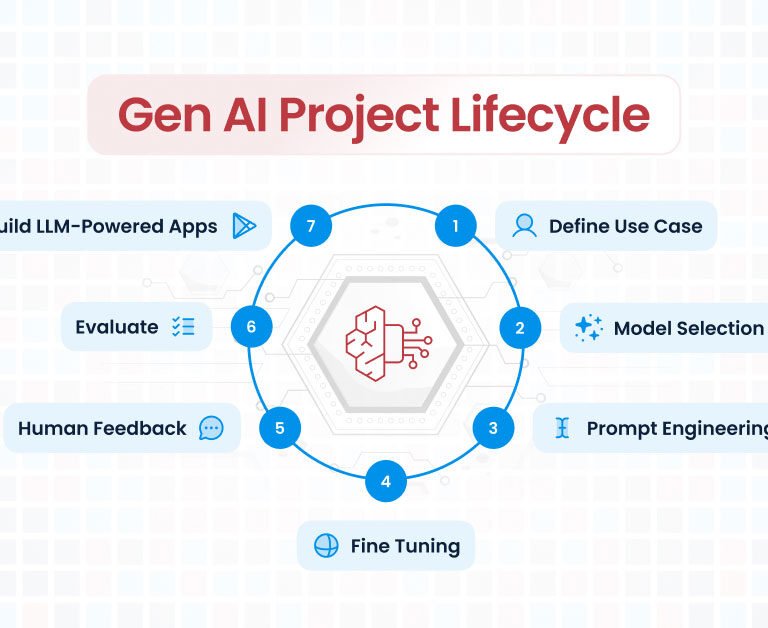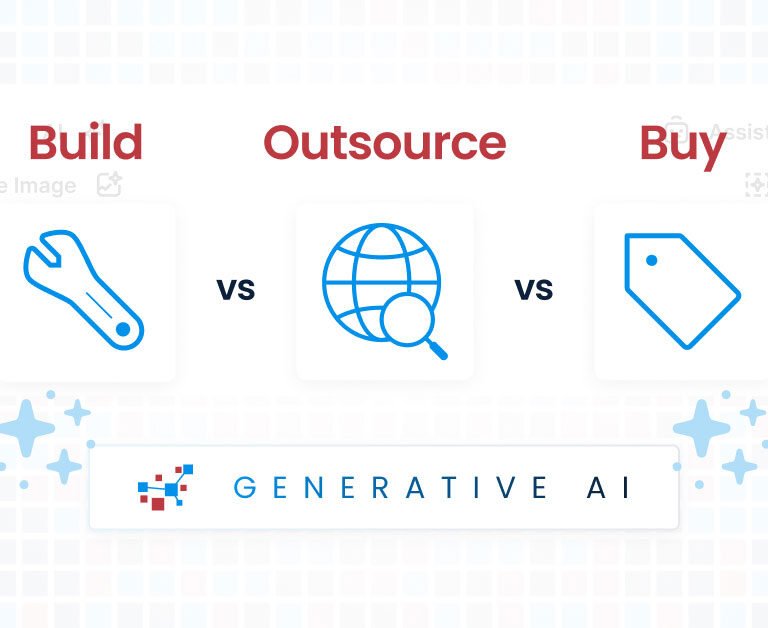
Introduction
In the realm of data management and search technology, the evolution of vector databases is changing the landscape. OpenSearch, an open-source search and analytics suite, is at the forefront of this transformation. With its capability to handle vector data, OpenSearch offers a unique and powerful solution for managing complex, high-dimensional data sets. This blog post delves into how OpenSearch can be effectively used as a vector database, exploring its features, benefits, and practical applications.
Understanding Vector Databases
Before diving into OpenSearch, let’s briefly understand what vector databases are. Vector databases are designed to store and manage vector embeddings, which are high-dimensional representations of data, typically generated by machine learning models. These embeddings capture the semantic essence of data, whether it be text, images, or audio, enabling more nuanced and context-aware search functionalities.
OpenSearch: A Versatile Platform
OpenSearch, emerging from Elasticsearch and Apache Lucene, has expanded its capabilities to include vector data handling. This makes it a potent tool for a variety of use cases that traditional search engines struggle with.
Key Features
- Vector Field Type: OpenSearch supports a vector field type, allowing the storage and querying of vector data alongside traditional data types.
- Scalability: OpenSearch is inherently scalable, capable of handling large volumes of data and complex queries with ease.
- Real-time Search: It offers real-time search capabilities, crucial for applications requiring instant query responses.
- Rich Query DSL: OpenSearch provides a rich query domain-specific language (DSL) that supports a wide range of query types, including those for vector fields.
Benefits of Using OpenSearch as a Vector Database
- Enhanced Search Accuracy: By using vector embeddings, OpenSearch can perform semantically rich searches, leading to more accurate and contextually relevant results.
- Scalable and Flexible: It can effortlessly scale to accommodate growing data and query demands, making it suitable for large-scale applications.
- Multi-Modal Data Handling: OpenSearch’s ability to handle various data types (text, images, etc.) in a single platform is a significant advantage.
- Cost-Effective and Open Source: Being open-source, it offers a cost-effective solution without vendor lock-in, and a community-driven approach ensures continuous improvement and support.
- AWS OpenSearch Serverless: OpenSearch being available as a serverless technology on AWS offers notable benefits. It ensures scalable and efficient management of search and analytics workloads, automatically adjusting resources to meet demand without manual intervention. This serverless approach reduces operational overhead, as AWS handles the infrastructure, allowing teams to focus on data insights and application development. Additionally, the pay-for-what-you-use pricing model of AWS serverless services provides cost-effectiveness, making OpenSearch more accessible and economical for businesses of all sizes.
Practical Applications
- Semantic Text Search: Implementing sophisticated text searches in applications like document retrieval systems, customer support bots, and knowledge bases.
- Image and Audio Retrieval: For platforms requiring image or audio-based searches, such as digital asset management systems and media libraries.
- Recommendation Systems: Enhancing recommendation engines by understanding user preferences and content semantics more deeply.
- Anomaly Detection: Leveraging vector analysis for detecting anomalies in datasets, useful in fraud detection, security monitoring, and predictive maintenance.
CloudKitect’s OpenSearch Serverless Component:
CloudKitect’s new OpenSearch serverless component streamlines the setup process of an OpenSearch cluster, making it remarkably fast and efficient. By leveraging this component, users can deploy an OpenSearch cluster in about an hour, a significant reduction from the traditional setup time. This acceleration is achieved through automated provisioning and configuration processes that handle the complexities of infrastructure setup and optimization. The component encapsulates best practices for OpenSearch deployment, ensuring a robust, scalable, and fully managed search and analytics environment with minimal manual effort. This swift deployment capability allows organizations to quickly leverage the power of OpenSearch for their search and data analytics needs, without the usual time-consuming setup hurdles.
Using only a few lines of code, your developers will be able to launch serverless OpenSearch cluster within an hour, moreover the tool is available in the programming language they are already familiar with so there is minimum learning curve.

Conclusion
OpenSearch’s support for vector database capabilities marks a significant advancement in search and analytics technology. By integrating the power of vector embeddings, OpenSearch offers a more nuanced, accurate, and scalable solution for handling complex search and analysis tasks. As organizations continue to grapple with increasingly complex data sets, the adoption of OpenSearch as a vector database provides a forward-looking approach to data management and search functionality. Whether for enhanced text searches, multimedia retrieval, or sophisticated recommendation systems, OpenSearch stands out as a versatile and powerful tool in the modern data ecosystem.
Talk to Our Cloud/AI Experts
Search Blog
About us
CloudKitect revolutionizes the way technology startups adopt cloud computing by providing innovative, secure, and cost-effective turnkey solution that fast-tracks the digital transformation. CloudKitect offers Cloud Architect as a Service.
Related Resources


Unlocking Data Insights: Chat with Your Data | PDF and Beyond

Time and Cost Analysis of Building Generative AI Solutions: Build vs. Outsource vs. Buy SaaS Products
Subscribe to our newsletter
CloudKitect revolutionizes the way technology startups adopt cloud computing by providing innovative, secure, and cost-effective turnkey solution that fast-tracks the digital transformation. CloudKitect offers Cloud Architect as a Service.

Products
Quick Links
Contact
- Los Angeles, CA
- info@cloudkitect.com
- 1-805-391-6553
Subscribe to Our News Letter
Keep me up to date with content, updates, and offers from CloudKitect
CloudKitect revolutionizes the way technology startups adopt cloud computing by providing innovative, secure, and cost-effective turnkey solution that fast-tracks the digital transformation. CloudKitect offers Cloud Architect as a Service.

Products
Quick Links
Contact
- Los Angeles, CA
- info@cloudkitect.com
- 1-805-391-6553
Subscribe to Our News Letter
Keep me up to date with content, updates, and offers from CloudKitect
